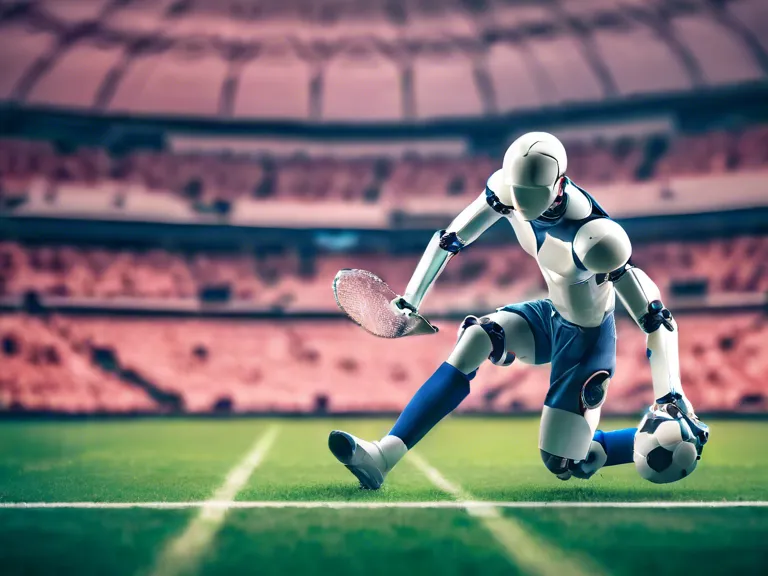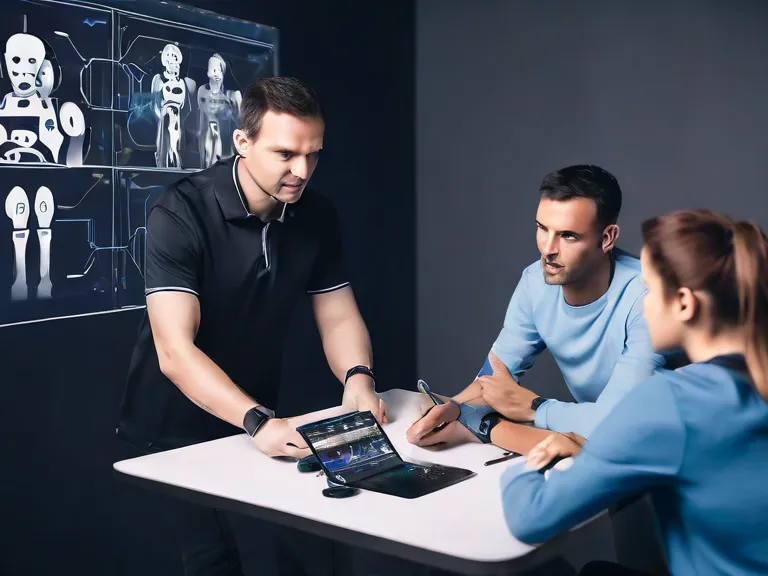
Artificial Intelligence (AI) is revolutionizing the field of sports medicine, particularly in injury prevention. Recent advances in AI technology have enabled medical professionals to better assess risk factors, design customized training programs, and monitor athlete performance to reduce the likelihood of injuries on the field. From predictive analytics to biomechanical modeling, AI is providing valuable insights that are transforming the way injuries are prevented in sports.
One key area where AI is making a significant impact is in the analysis of biomechanical data. By collecting data on an athlete's movements and performance, AI algorithms can detect patterns and identify potential areas of weakness or vulnerability. This information can then be used to tailor training programs that address specific needs and reduce the risk of injuries. Additionally, AI can help athletes optimize their performance by providing real-time feedback on technique and form.
Another important application of AI in injury prevention is the use of predictive analytics. By analyzing historical data and trends, AI algorithms can predict the likelihood of certain injuries occurring based on factors such as training intensity, fatigue levels, and environmental conditions. Armed with this information, coaches and medical staff can take proactive measures to prevent injuries before they happen.
Furthermore, AI is being used to develop smart wearable devices that can track an athlete's movements and physiology in real-time. These devices can provide valuable data on factors such as heart rate, muscle activity, and joint force, allowing medical professionals to monitor performance and intervene when necessary to prevent potential injuries.
In conclusion, the impact of AI on injury prevention in sports medicine is undeniable. By harnessing the power of AI technology, medical professionals are able to better assess risk factors, design customized training programs, and monitor athlete performance to reduce the likelihood of injuries. As AI continues to advance, we can expect even greater innovations in the field of sports medicine that will help athletes perform at their best while staying injury-free.



